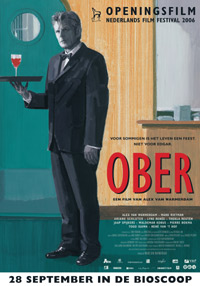
After treating us to a review [nsfw] of Japanese cult film The Bedroom (Hisayasu Sato, 1992), Mike now turns our attention to the cult classic of the pink film era The Embryo Hunts in Secret. It would make an ideal double bill with Blind Beast.
Mike says:
“The film opens with a man and woman passionately groping each other in a car; outside, it is pouring down rain. The man grabs for the woman’s sex, but she denies him the pleasure, insisting that they go inside. The man takes the woman to his apartment. It turns out that the man is the owner of a department store where Yuka, the woman, works in the men’s clothing department as a sale girl. The two know little about each other, other than what is knowable from an outsider perspective; they know their power relations in the business, and they know they are attracted to each other. “
See also Youtube clip of Blind Beast vs Killer Dwarf by Teruo Ishii and this German trailer of the unforgettable 1988 Tetsuo.
Lastly, this looks surreal, from a film that is not as good as the poster shown below:

The Last Supper (2005) – Osamu Fukutani
More films seen last week: Brice de Nice, an ejoyable silly French comedy; Le Dîner de cons, a very funny and dark French comedy; Pan’s Labyrinth, a diabolical version of Alice in Wonderland and a tribute to the fantastique and the magnificent trailer for David Lynch’s INLAND EMPIRE. Curious about: Terry Gilliam’s Tideland and Rampo Noir. Of the last a picture:

Rampo Noir













